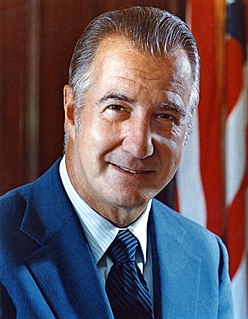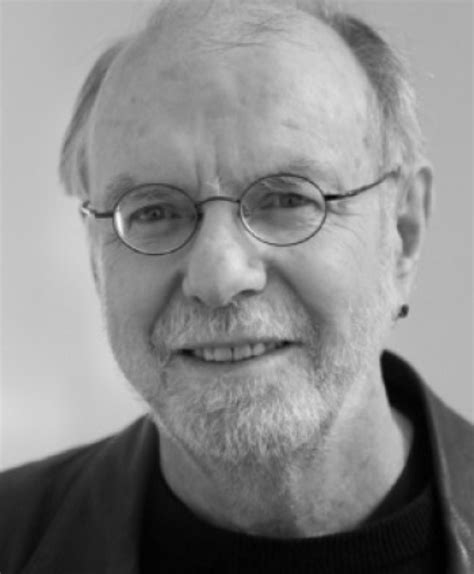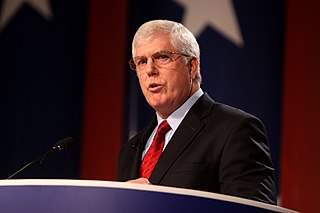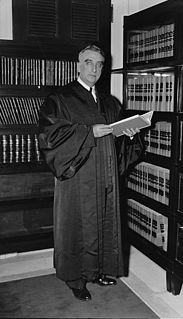A Quote by William O. Douglas
Motion pictures are of course a different medium of expression than the public speech, the radio, the stage, the novel, or the magazine. But the First Amendment draws no distinction between the various methods of communicating ideas.
Related Quotes
Despite the apparent absoluteness of the First Amendment, there are any number of ways of getting around it, ways that are known to any student of law. In general, the strategy is to manipulate the distinction between speech and action which is at bottom a distinction between inconsequential and consequential behavior.
A journalist gathers information for a media outlet that disseminates the information through a broadly defined 'medium' - including newspaper, nonfiction book, wire service, magazine, news Web site, television, radio or motion picture - for public use. This broad definition covers every form of legitimate journalism.
Radio, or at least the kind of radio we're proposing to do, can cut through that. It can reach people who would otherwise never hear your work, and of course I find that very notion inspiring. Radio stories are powerful because the human voice is powerful. It has been and will continue to be the most basic element of storytelling. As a novelist (and I should note that working my novel is the first thing I do in the morning and the very last thing I do before I sleep), shifting into this new medium is entirely logical. It's still narrative, only with different tools.
Every time I criticize what I consider to be excesses or faults in the news business, I am accused of repression; and the leaders of the various media professional groups wave the First Amendment as they denounce me. That happens to be my amendment too. It guarantees my free speech as much as it does their freedom of the press.
The American motion picture is the greatest unconscious carrier of propaganda in the world today. It is a great distributor for ideas and opinions. The motion picture can standardize the ideas and habits of a nation. Because pictures are made to meet market demands, they reflect, emphasize and even exaggerate broad popular tendencies, rather than stimulate new ideas and opinions. The motion picture avails itself only of ideas and facts which are in vogue. As the newspaper seeks to purvey news, it seeks to purvey entertainment.
Distinction between species and specimen is very much like the distinction between images and actual pictures, or, you know, objects that have a definite material identity. The classifications, the categories, the stereotypes, and the images are on one side, and the material pictures, statues, texts, and so forth are on the other.
I do not believe that it can be too often repeated that the freedoms of speech, press, petition and assembly guaranteed by the First Amendment must be accorded to the ideas we hate or sooner or later they will be denied to the ideas we cherish. The first banning of an association because it advocates hated ideas - whether that association be called a political party or not - marks a fateful moment in the history of a free country.

































